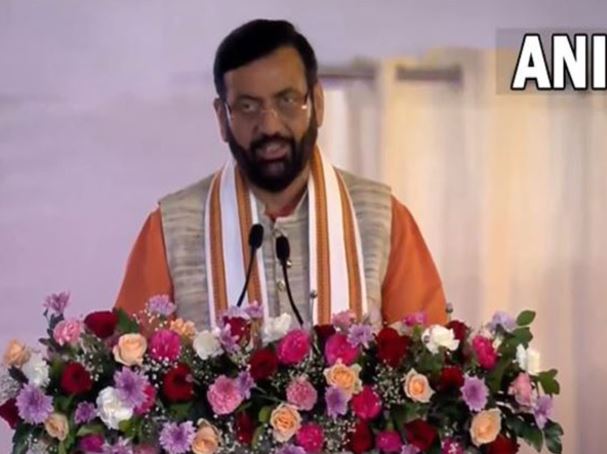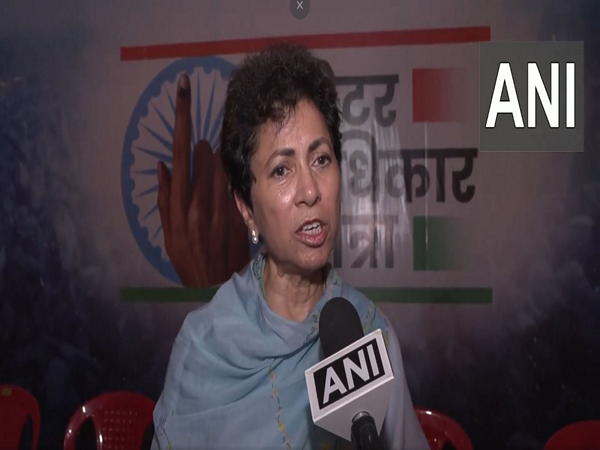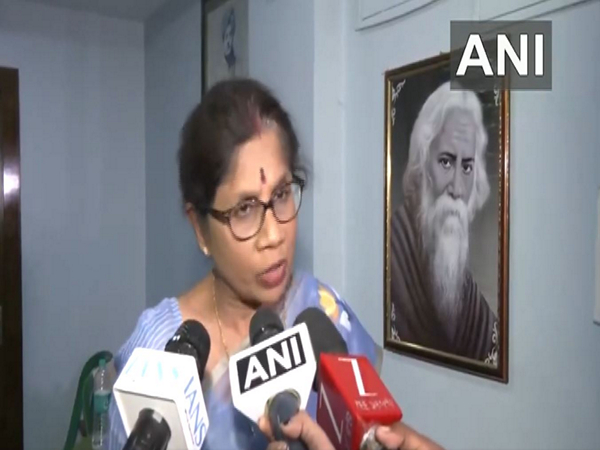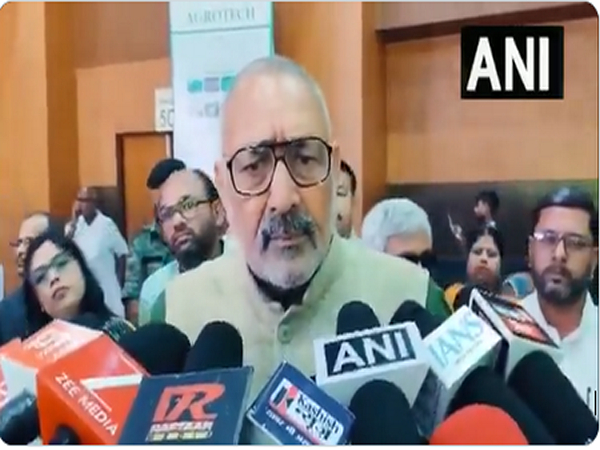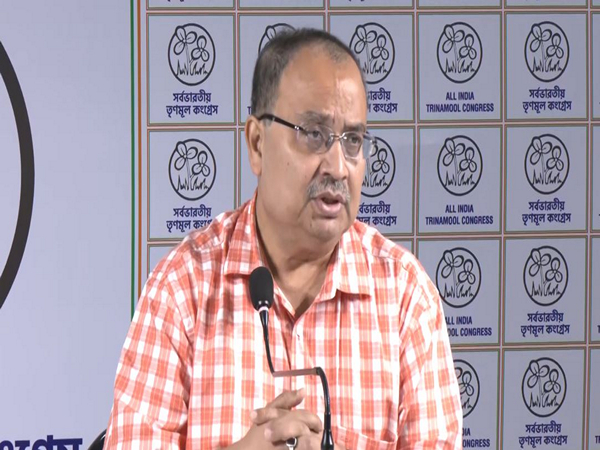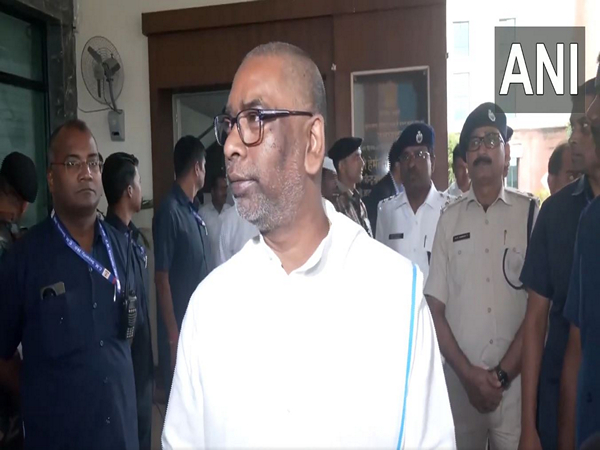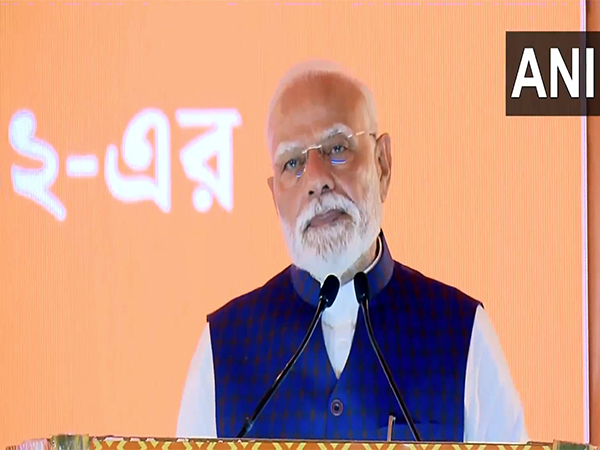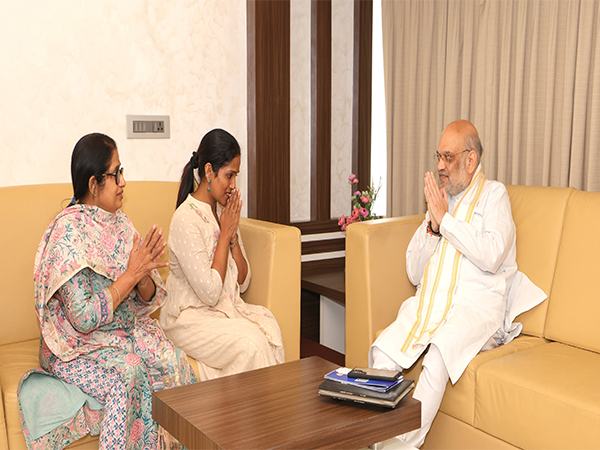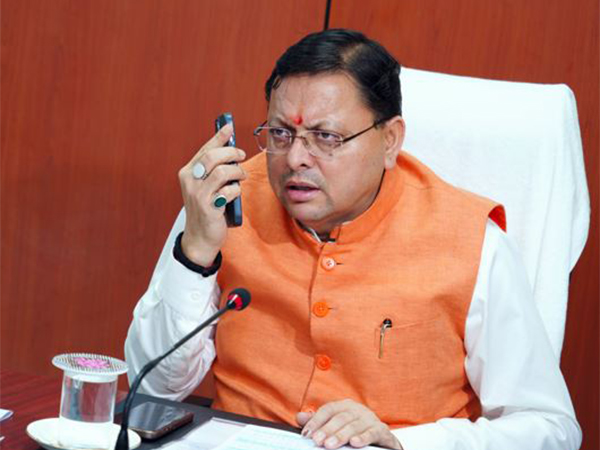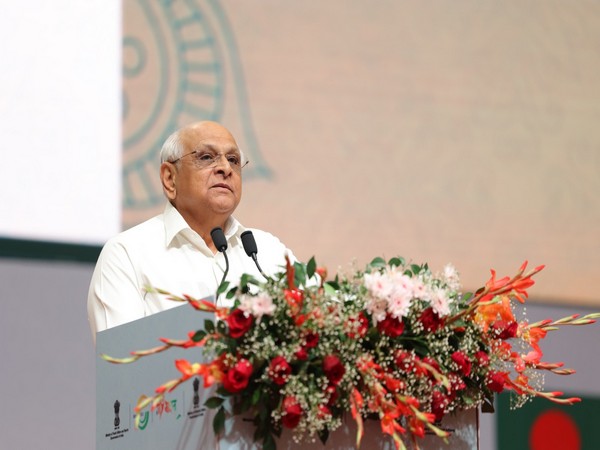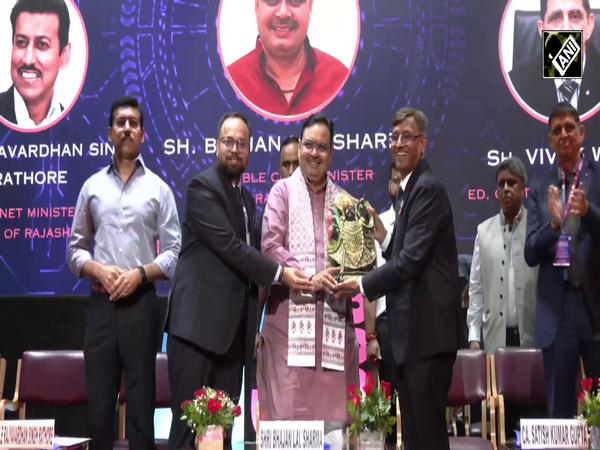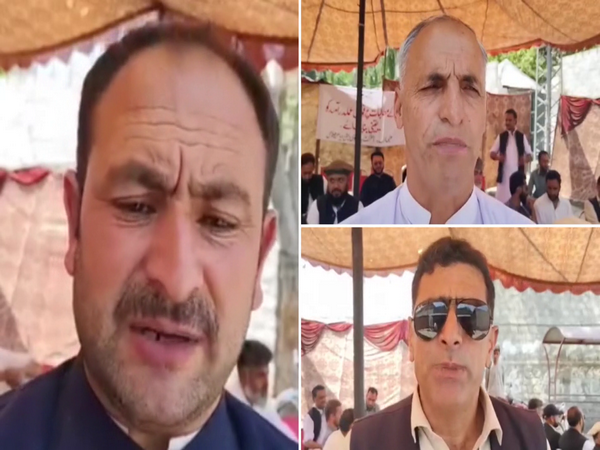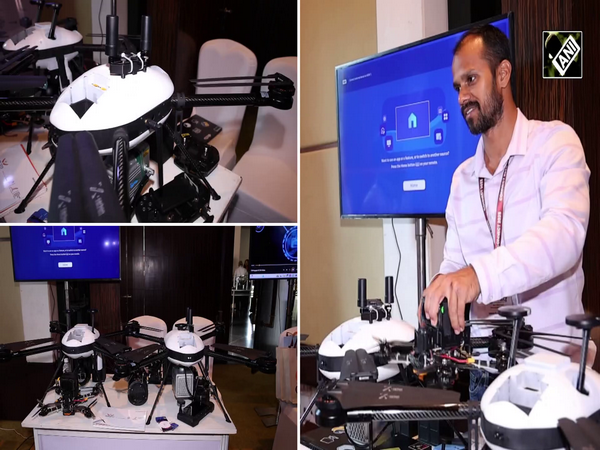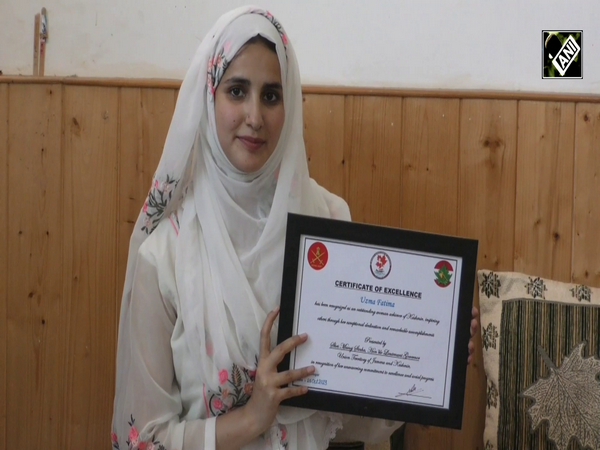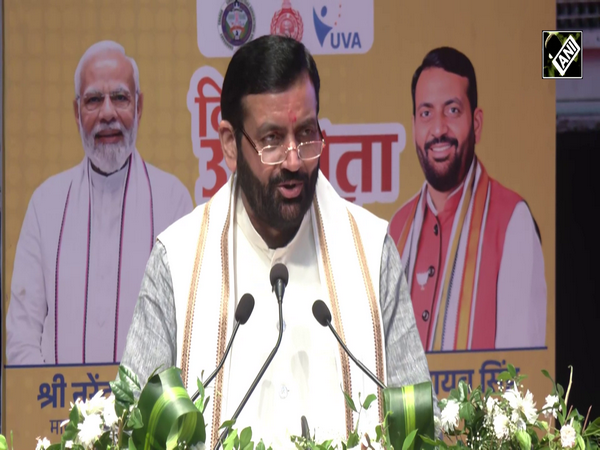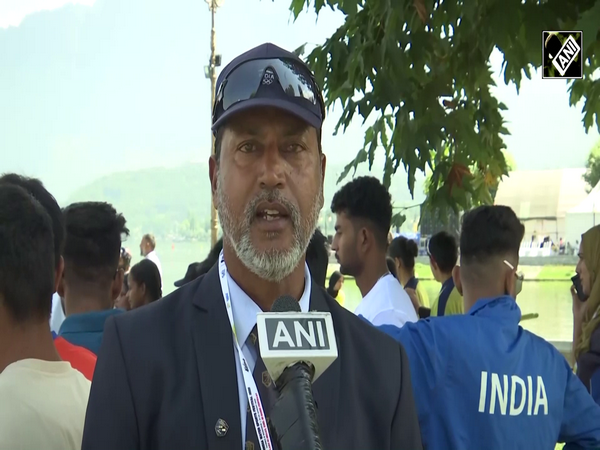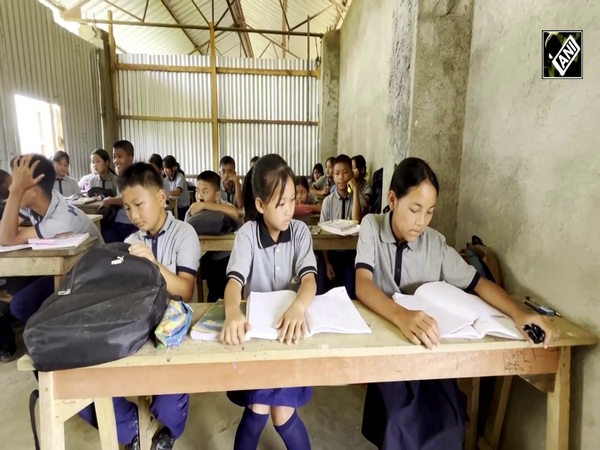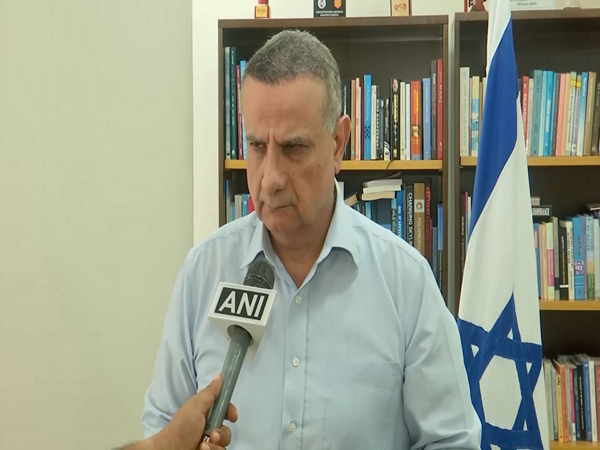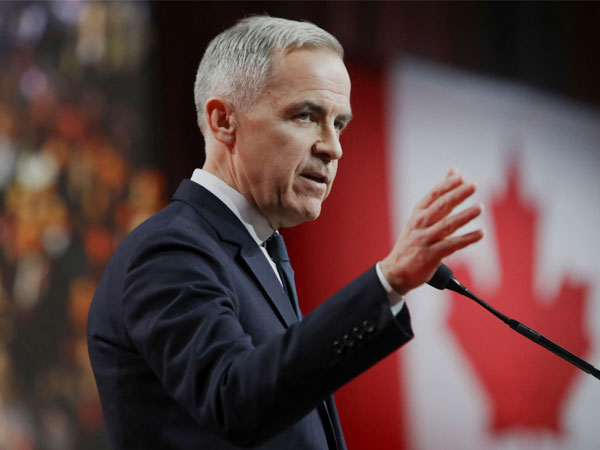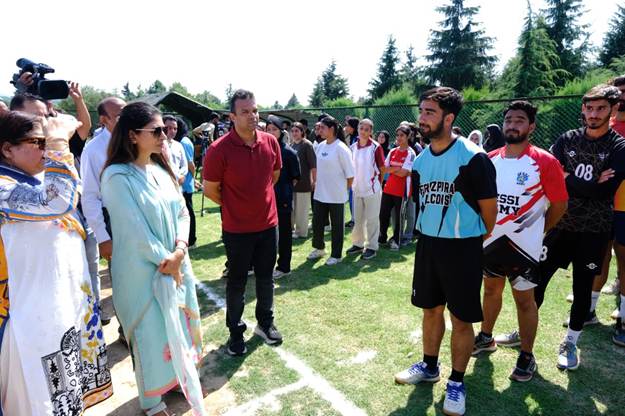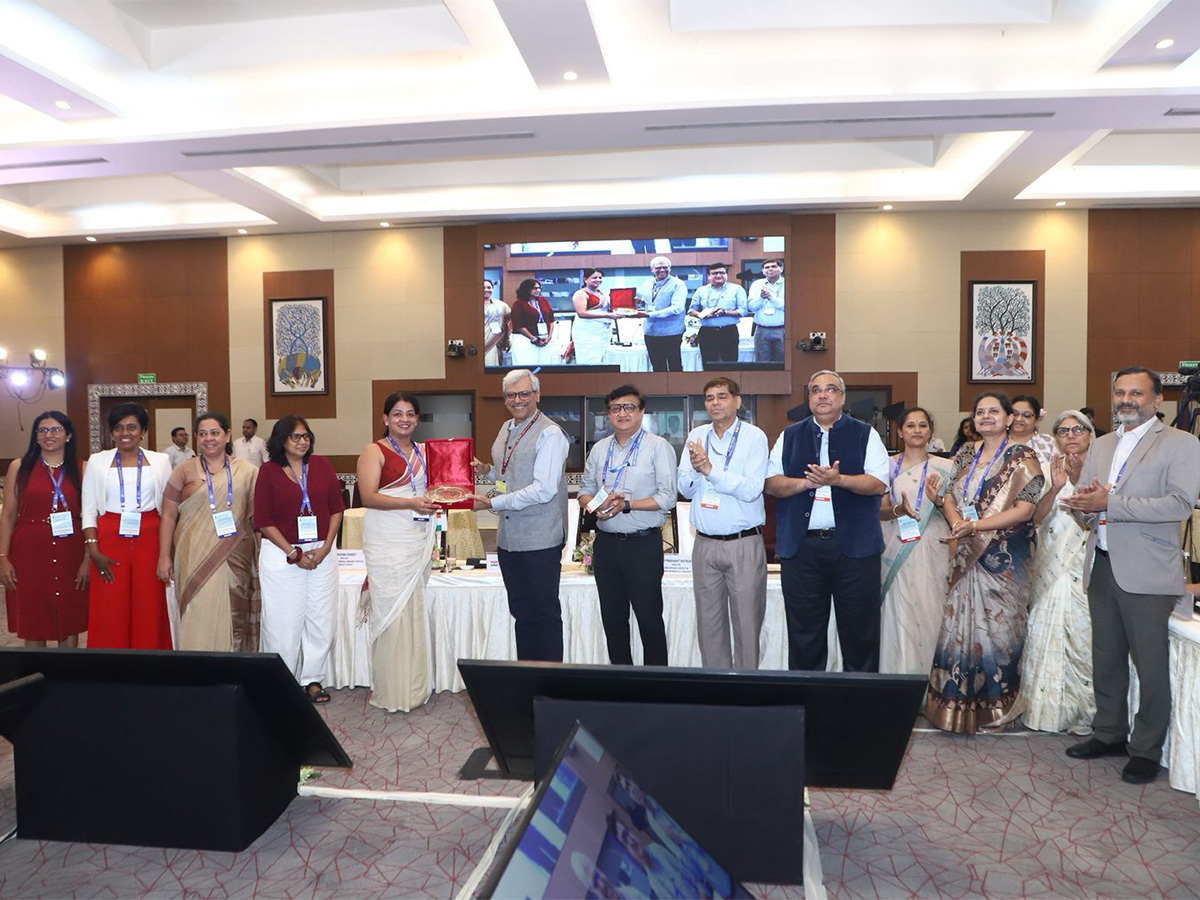
South and Southeast Asian nations unite to strengthen health research systems through collaboration
Aug 22, 2025
New Delhi [India], August 22 : The Indian Council of Medical Research (ICMR), Department of Health Research (DHR) convened representatives from Bhutan, Nepal, Sri Lanka, Timor-Leste, and India at Sushma Swaraj Bhawan, New Delhi, for a high-level regional dialogue on strengthening health research systems.
The meeting marked an important milestone in fostering collaboration across South and Southeast Asia to ensure that health research directly informs policy, addresses regional priorities, and builds sustainable systems for the future.
The deliberations were enriched by the presence of eminent experts and dignitaries, with sessions chaired by VK Paul, Member, NITI Aayog; K. Srinath Reddy, Honorary Distinguished Professor, PHFI; Shamika Ravi, Member, PM-EAC; Amit Agrawal, Secretary, Department of Pharmaceuticals; Rajeev Singh Raghuvanshi, Drugs Controller General of India; Shivkumar Kalyanaraman, CEO, Anusandhan National Research Foundation (ANRF); Rajesh Bhushan, Former Secretary, Ministry of Health and Family Welfare; and Renu Swarup, Former Secretary, Department of Biotechnology.
They were joined by Vishwajeet Kumar, Founder and CEO of Community Empowerment Lab and several senior leaders from ICMR, including Sanghamitra Pati, Manisha Saxena, RS Dhaliwal, Roli Mathur, Taruna Madan, Tanvir Kaur, and Nivedita Gupta, who steered discussions as moderators.
Speaking at the meeting, Rajiv Bahl, Secretary DHR and Director-General, ICMR, said, "Global partnerships and science diplomacy have always been central to India's strategy. South-South collaboration remains a priority through joint projects and capacity building to ensure that the region benefits from each other's expertise. Above all, science and research must serve people directly."
The representatives reached a consensus on several fronts including a South-South Collaboration where countries agreed that regional cooperation is essential to tackle common challenges such as antimicrobial resistance (AMR), non-communicable diseases (NCDs), and One Health, joint efforts in medical technology innovation, field epidemiology training, ethics, and quality assurance were identified as priority areas and bridging research & policy where participants are committed to formal mechanisms for research-policy dialogue, ensuring that scientific evidence is translated into effective programmes.
ICMR offered to share its tools and resources, including common ethics review forms and free online training courses, so that countries at nascent stages of building research systems can adapt them without having to start from scratch. Looking ahead, countries agreed to establish structured mechanisms for collaboration, including annual/biannual convenings, exchange visits, and joint capacity-building programmes in research methods, ethics, grant writing, and science communications.
The meeting concluded with a collective commitment to move from knowledge-sharing to joint action, with each country exploring opportunities to lead on specific thematic areas such as One Health, pandemic preparedness, infectious diseases, vector-borne diseases, maternal health, and medical innovation, ensuring that health research across the region directly responds to regional needs and priorities.
